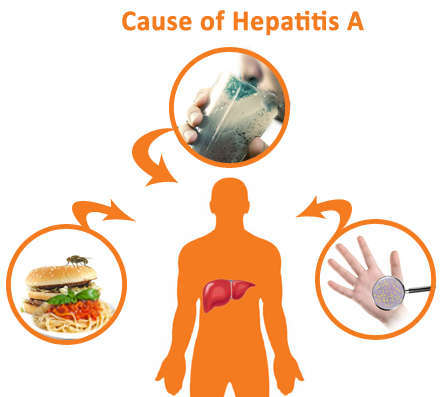Patients
- Upload Prescription
- Request A Call Back
- Book A Test
- Download Report
- TRF For COVID-19
- Feedback
Hepatitis A is a highly contagious liver infection caused by the hepatitis A virus. The virus is one of several types of hepatitis viruses that cause inflammation and affect your liver’s ability to function.
You’re most likely to get hepatitis A from contaminated food or water or from close contact with a person or object that’s infected. Mild cases of hepatitis A don’t require treatment. Most people who are infected recover completely with no permanent liver damage. Practicing good hygiene, including washing hands frequently, is one of the best ways to protect against hepatitis A. Vaccines are available for people most at risk.

Make an appointment with your doctor if you have signs or symptoms of hepatitis A. Getting a hepatitis A vaccine or an injection of immunoglobulin (an antibody) within two weeks of exposure to hepatitis A may protect you from infection. Ask your doctor or your local health department about receiving the hepatitis A vaccine if you’ve traveled out of the country recently, a restaurant where you recently ate reports a Hepatitis A outbreak, you recently had sexual contact with someone who has hepatitis A, someone close to you, such as a roommate or caregiver, is diagnosed with Hepatitis A.
a division of exult cares pvt. ltd.